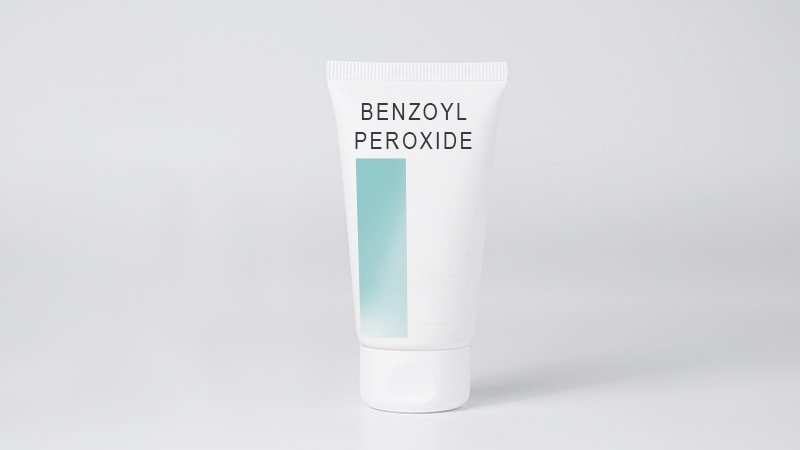Reassuring Studies Find No Increased Cancer Risk from Benzoyl Peroxide Acne Treatments
The content discusses two new studies that have addressed concerns about the safety of benzoyl peroxide (BP)-containing acne products. Earlier this year, an independent lab had petitioned the FDA to recall these products due to finding extremely high levels of the carcinogen benzene, which can form from the decomposition of BP.
The first study compared blood benzene levels between 14 people who used BP products and 65 controls, finding no difference. The second, larger study analyzed electronic health records of over 27,000 patients using BP products and found no increased risk of blood cancers or solid tumors over 10 years, compared to a control group.
The studies were reviewed by leading dermatologists, who agreed that the findings are reassuring and that the previous report of high benzene levels due to high-temperature exposure does not have any relevant clinical significance. BP is considered the "go-to" acne treatment, and the authors advise using common sense to avoid storing products in hot environments. The FDA has not commented on the status of the citizen petition filed earlier.
Personalizar Resumo
Reescrever com IA
Gerar Citações
Traduzir Texto Original
Para Outro Idioma
Gerar Mapa Mental
do conteúdo original
Visitar Fonte
www.medscape.com
New Benzoyl Peroxide Research: Reassuring
Principais Insights Extraídos De
by Kathleen Doh... às www.medscape.com 07-22-2024
https://www.medscape.com/viewarticle/new-benzoyl-peroxide-data-reassuring-everyday-use-appears-2024a1000df1
Perguntas Mais Profundas
